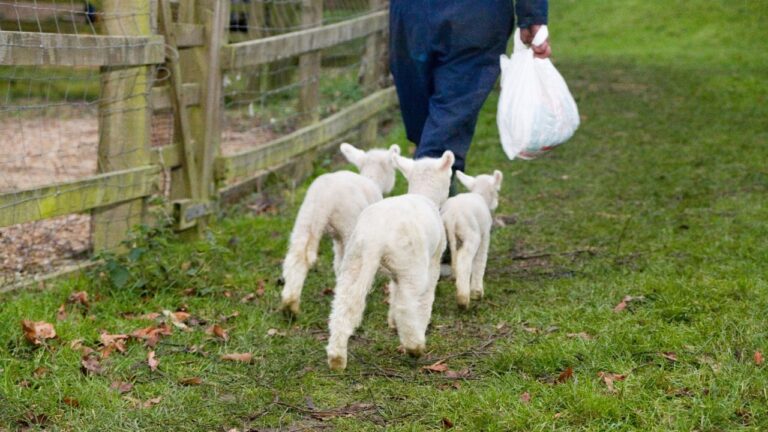8 Surprising Ways You’re Making Your Livestock Sick
If you’ve got livestock, keeping them healthy is probably one of your biggest priorities. Some of the choices you make every day might actually be making them sick. And I’m not just talking about obvious things like bad feed or dirty water. Sometimes, it’s the little mistakes, the things you don’t even realize are a problem, that can really cause trouble.
On the bright side, most of these mistakes are easy to fix once you know what to look for. Here are eight ways you might be putting your animals at risk—and how to make sure you’re keeping them healthy instead.
Feeding Too Many Treats
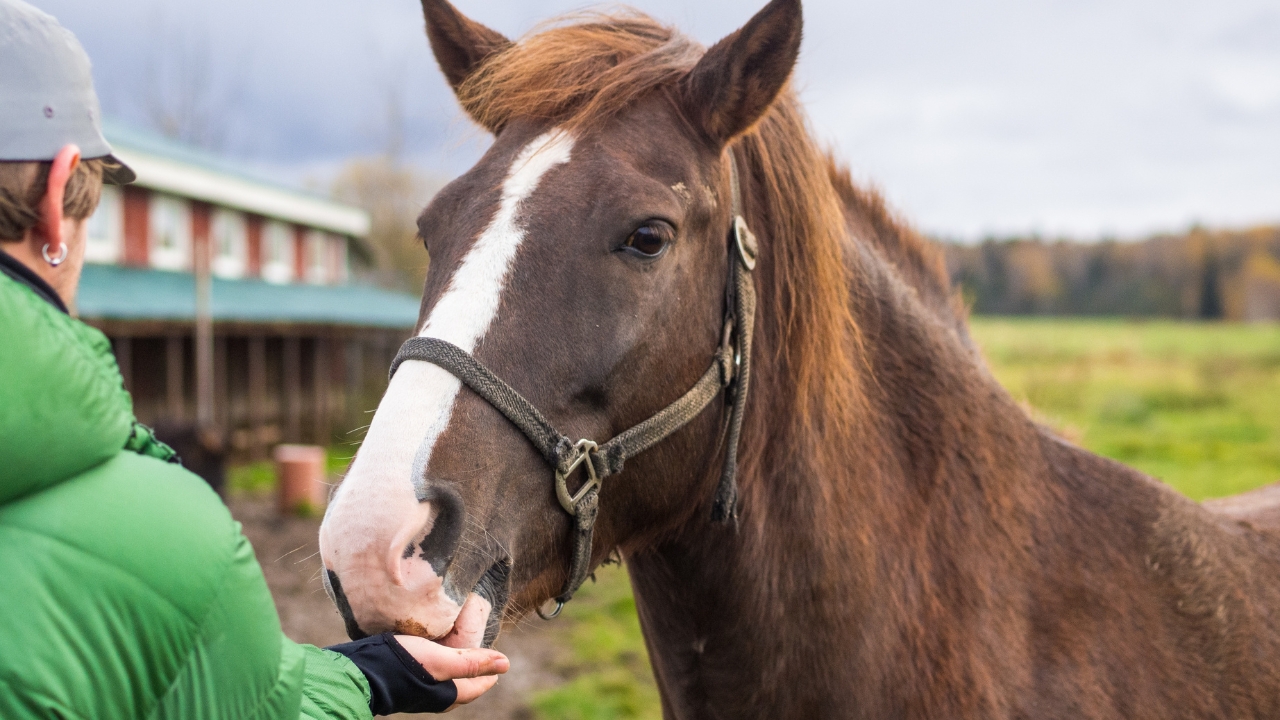
It’s easy to think you’re being kind when you toss extra scraps, grain, or kitchen leftovers to your animals. But too much of the wrong thing can throw off their digestion. Ruminants like cows and goats need a balanced diet rich in fiber, while too many carbohydrates can lead to bloat, acidosis, or even fatal digestive issues.
Stick to a proper diet for each species. If you want to give treats, make sure they’re safe and in moderation. And never overfeed grain-based foods to animals that primarily thrive on forage.
Dirty or Stagnant Water Sources
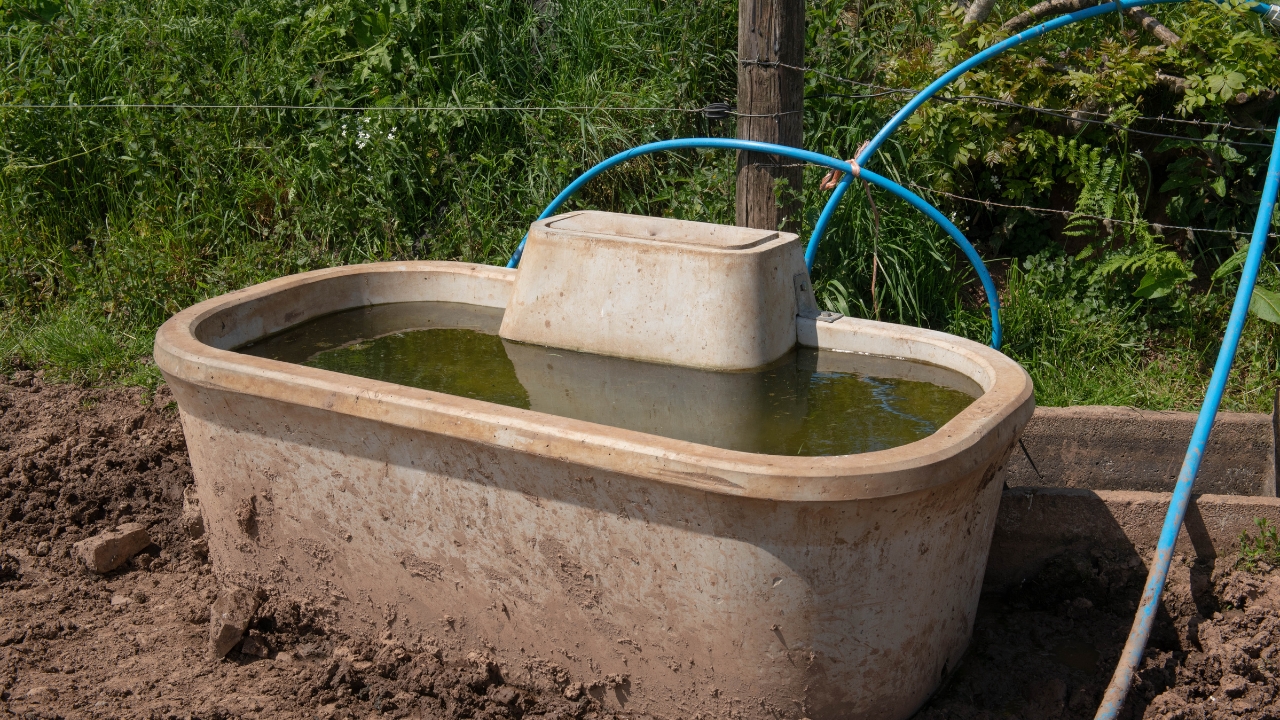
Would you drink green, scummy water? Probably not. But livestock end up drinking from dirty water troughs and stagnant ponds all the time—and it can lead to parasites, bacterial infections, and dehydration if they refuse to drink.
Water sources need to be checked and cleaned regularly. Scrub out troughs, keep standing water fresh, and if you rely on a pond, consider adding a pump or aerator to keep things circulating. Healthy animals start with clean water.
Overcrowding

Pack too many animals into a small space, and you’re asking for disease outbreaks, stress-related health issues, and aggressive behavior. Without enough room, animals struggle to get proper nutrition, air circulation suffers, and parasites spread like wildfire.
Every species has minimum space requirements. Cattle, goats, sheep, and chickens all need enough room to move freely, access food, and establish social order. If you’re seeing increased sickness, frequent injuries, or restless animals, you might need to rethink your setup.
Not Providing the Right Minerals
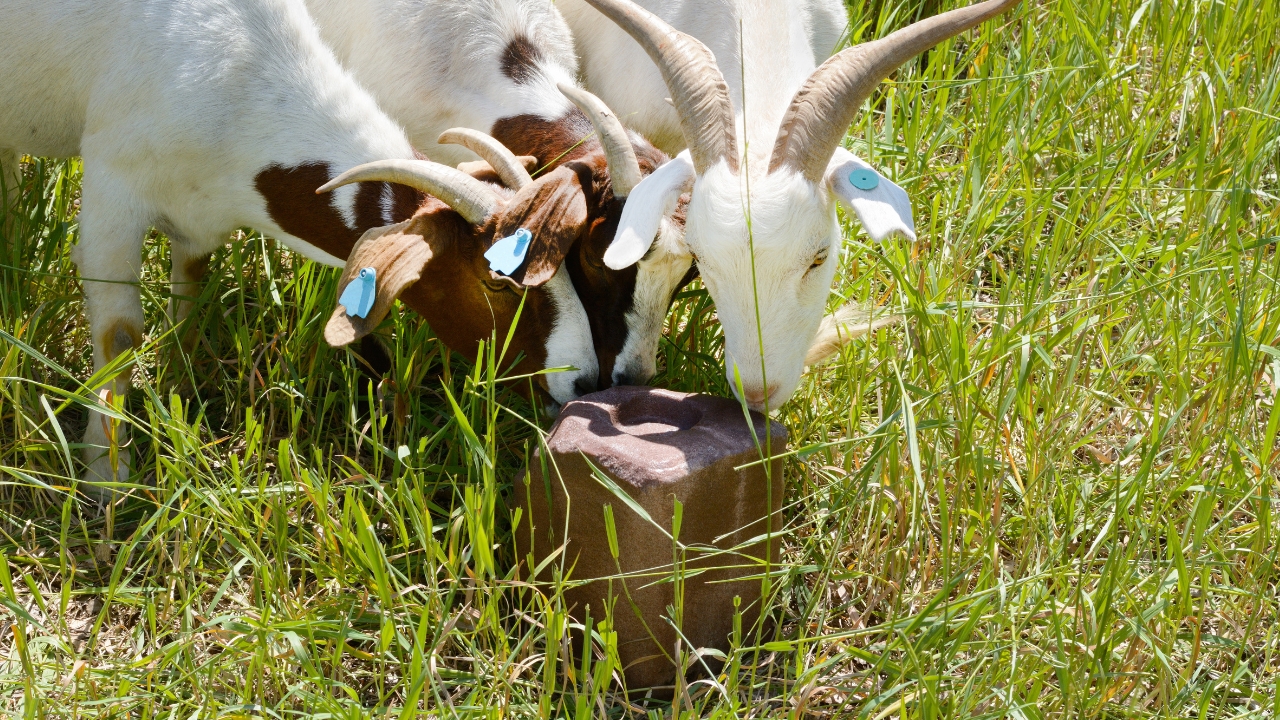
Not all feed contains the right balance of vitamins and minerals. Deficiencies can lead to weak immune systems, poor reproduction, and even sudden death in some cases. Goats, for example, need copper, but too much can be toxic for sheep. Chickens need calcium for eggshell production, and cattle require salt and trace minerals to stay in top condition.
A good mineral program is non-negotiable. Provide species-specific mineral blocks or loose minerals at all times. If your animals are showing signs of weakness, dull coats, or poor weight gain, it’s time to check their nutrition.
Neglecting Hoof and Foot Care
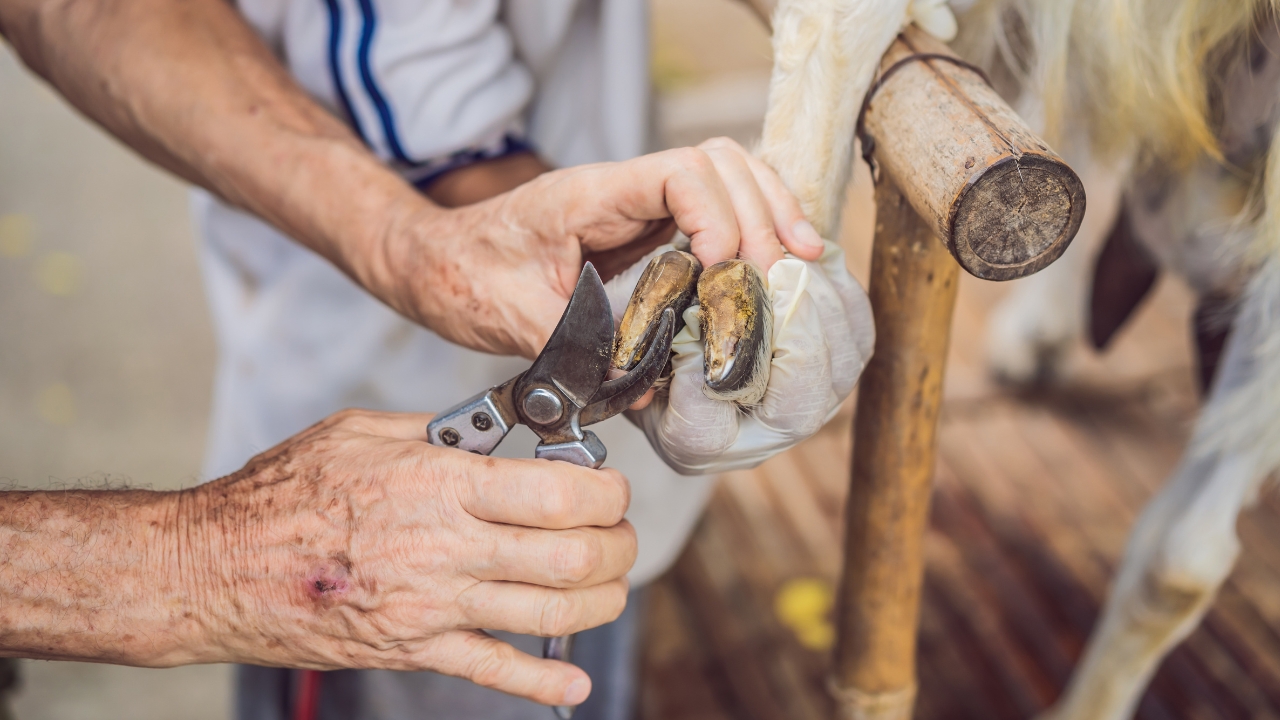
If your livestock are limping, moving stiffly, or showing signs of discomfort, their hooves might be the problem. Overgrown hooves cause joint pain and infections, while damp conditions lead to hoof rot, especially in goats, sheep, and cattle.
Regular trimming and keeping pens dry make a huge difference. If you notice swelling, foul odors, or animals avoiding weight on a foot, it’s time to act before the problem worsens.
Ignoring Parasite Control
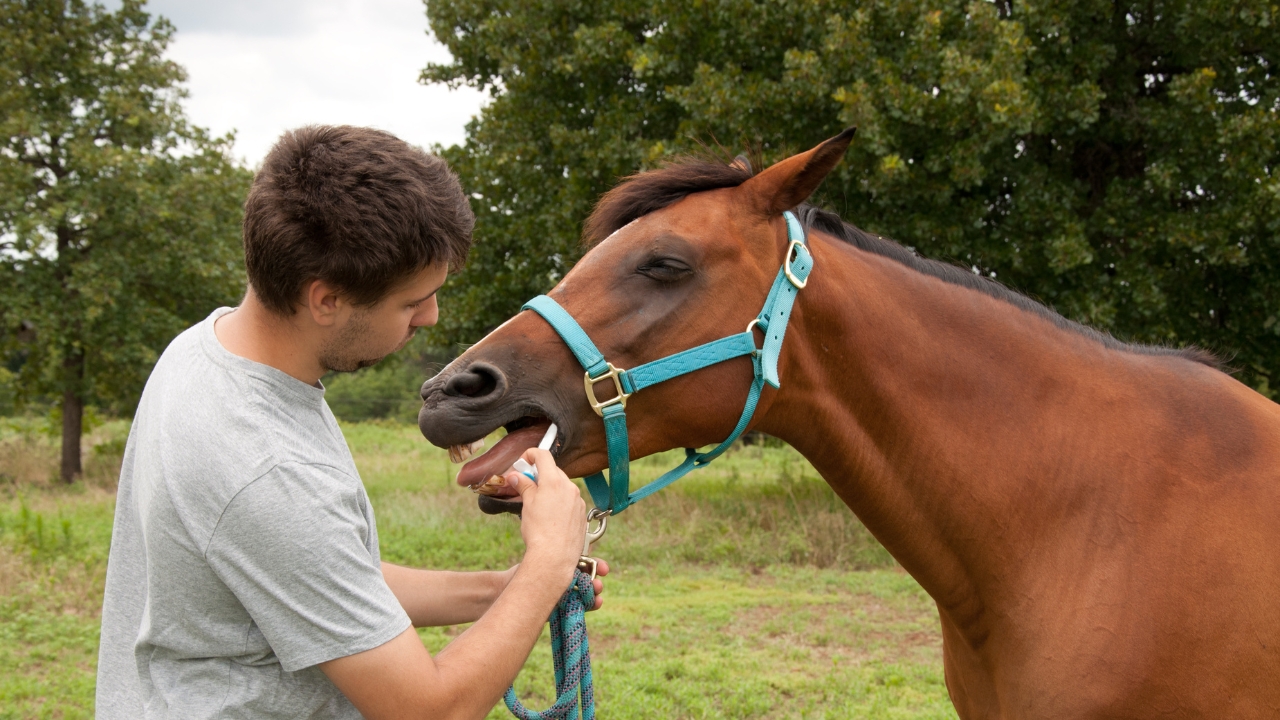
Internal and external parasites can wreck an animal’s health fast. Worms, lice, and mites lead to weight loss, anemia, and poor coat condition—and severe infestations can kill. If you’re waiting until you see the problem, it’s already too late.
Rotational grazing, regular deworming (based on need, not routine), and keeping living areas clean are your best defenses. Know the signs of parasite issues—like rough coats, lethargy, and pale gums—so you can treat early and keep problems from getting out of hand.
Using the Wrong Bedding

Dirty, damp bedding isn’t just unpleasant—it’s a breeding ground for bacteria, ammonia buildup, and respiratory infections. The wrong bedding can also be toxic. For example, cedar shavings can cause respiratory issues in small animals like chickens and rabbits.
Keep bedding dry and clean. Straw, pine shavings, and sand work well, depending on the species. If you’re noticing bad smells or coughing livestock, it’s time for a deep clean and a bedding refresh.
Mixing the Wrong Animals

Not all livestock get along, and some carry diseases that don’t affect them but can be deadly to others. Chickens can spread Marek’s disease to turkeys, goats and sheep have different copper needs, and pigs can be aggressive toward smaller livestock.
Before mixing animals, do your research. If you’re keeping multiple species together, make sure their diets, parasite risks, and temperaments are compatible.
*This article was developed with AI-powered tools and has been carefully reviewed by our editors.




